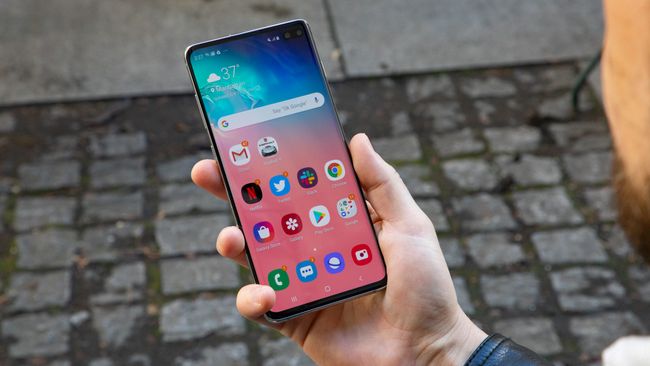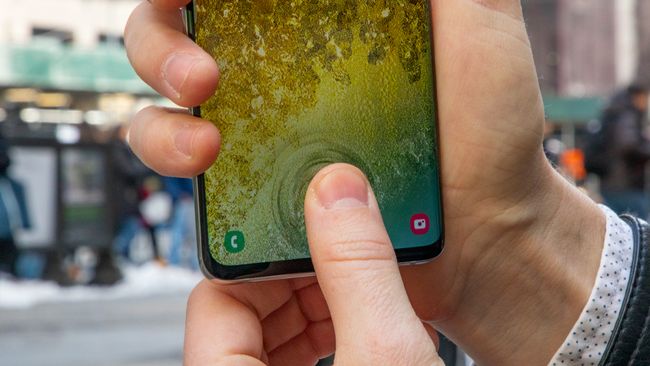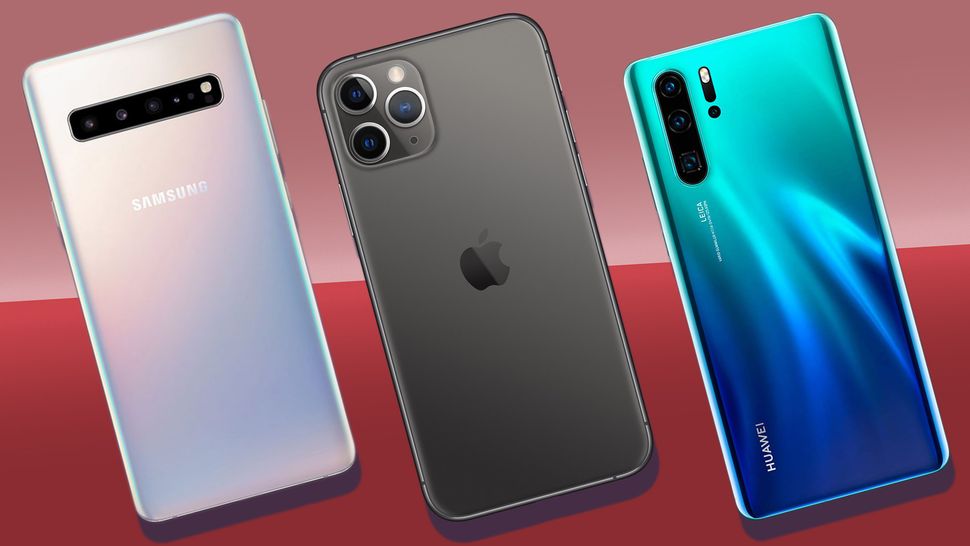Best smartphone 2019: Find the best phone for you
The best smartphones in 2019 are hard to pick from. Here are the Top 10 phones you can buy today and our guide to picking the best one for you
There are so many good phones to choose from in 2019 but which one is the king of the castle? Is there even a winner? There's no one perfect choice for everyone, so bear in mind the best phone for you might not be number one in our chart.
Phones come in all shapes, sizes and prices. Here, we have ranked and reviewed the ten best phones money can buy.
Just recently we've had some new flagships launch - the iPhone 11 and OnePlus 7T were revealed in September, and the Galaxy Note 10 trails only six months behind.

Your buying guide for the best phones in 2019
When choosing a phone you should consider these things: build quality and design, ease of use, features, performance and value.
Generally speaking a flagship phone will cost between £600 and £800 but can be over £1,000 in some cases. On contract you're looking at between £30 and £50 per month on average but you can spend a lot more if you want an expensive phone and lots of mobile internet data.
We also have charts for mid-range and budget phones if you're looking for something else.
We think buying a phone outright is the best value, but we appreciate you may not be able to afford to do that. If you can, you'll obviously need a SIM card and plan as well as the phone. If you don't already have one, check out our best SIM-only deals.
Should you buy an iPhone or an Android phone?
There's more than one mobile phone operating system, but really only two worth talking about: Android and iOS. Windows phones are still around, but only account for around one percent of all phones sold, so go with Android or an iPhone.
 The vast majority of phones today run Android; Pie is the latest version. While Apple’s iOS platform has a much lower market share, developers almost always release their apps on iOS so it has one of the best app stores you'll find.
The vast majority of phones today run Android; Pie is the latest version. While Apple’s iOS platform has a much lower market share, developers almost always release their apps on iOS so it has one of the best app stores you'll find.
If you have an Android phone or an iPhone and want to move to the other type of phone, it's fairly easy move your contacts and other data from one to the other. What you can't move is paid-for apps, so keep this in mind if you're considering a change of platform.
Why you should buy an unlocked phone

An unlocked phone is one which is not tied to any particular mobile operator, such as Vodafone or EE. Buying unlocked usually means buying the phone outright without a SIM.
The most important point is that an unlocked phone is almost always a better deal than buying a phone on contract - if you can afford it.
The only real exception to this are Apple's iPhones - because of their traditional popularity, operators do often subsidise the cost of buying an iPhone in order to lock you into a lucrative long-term deal.
But generally speaking if you can afford the upfront cost of the handset, you will pay less over the life of your phone by buying unlocked.
More importantly, you are not locked in to a lengthy contract. If you want a new handset at any time, you can buy one without having to up-purchase your way out of a contract, or commit to another two years.
Just be sure to make certain the phone you're getting is not locked to a certain network.

The right SIM
One other thing to consider is the size and shape of the SIM required for your phone. Make sure you get a nano-SIM if a nano-SIM is what your phone requires.
For the record, every phone in our Top 10 takes a nano-SIM.
If you get that wrong it is easily solvable - every network will gladly send over a different-sized SIM. SIM cards tend to come in all three sizes - you simply pop out the one you need.
But that's assuming you are getting a new SIM, and if you're looking for a SIM-free phone or unlocked phone you probably already have one.
More important is to make sure that if you want 4G you get a 4G-enabled phone and SIM.